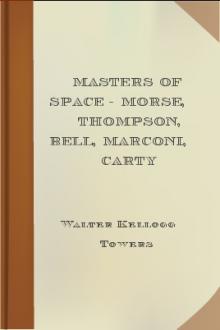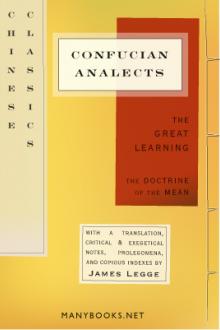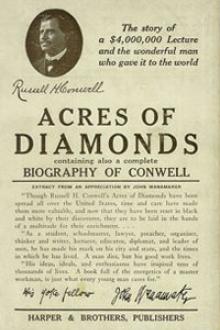Masters of Space - Morse, Thompson, Bell, Marconi, Carty
Masters of Space - Morse, Thompson, Bell, Marconi, Carty
Book Excerpt
distinct advance over the primitive methods by which the
commander of one Roman galley communicated with another came with the
introduction of cannon as a naval arm. The use of signal-guns was soon
thought of, and war-ships used their guns for signal purposes as early
as the sixteenth century. Not long after came the square-rigged
ship, and it soon occurred to some one that signals could be made by
dropping a sail from the yard-arm a certain number of times.
Up to the middle of the seventeenth century the possibilities of the naval signal systems were limited indeed. Only a few prearranged orders and messages could be conveyed. Unlimited communication at a distance was still impossible, and there were no means of sending a message to meet an unforeseen emergency. So cumbersome were the signal systems in use that even though they would convey the intelligence desired, the speaking-trumpet or a courier was employed wherever possible.
To the officers of the British navy of the seventeenth century belongs
Editor's choice
(view all)Popular books in Science, Biography, Non-fiction
Readers reviews
3.0
LoginSign up
I never thought of Morse, Bell or Marconi as being astronomers. And I was right. At a time when the average person never traveled much more then 5 miles away from home, being the master of space did not require going to the moon. If this book were written today it might be called “Masters of the Communication Revolution”.
It was interesting to examine this communication revolution with the wonderment of a 1917 perspective. I can imagine sitting in today’s classroom hearing, “The telegraph was invented and then along came cell phones.” Hardly sounds like the world changing events these men caused. World changing they were and they all paid a price.
Most remarkable are the predictions made in the final chapter. It seems we are the future.
Skim if you must but where ever you stop to read there will be something of interest.
It was interesting to examine this communication revolution with the wonderment of a 1917 perspective. I can imagine sitting in today’s classroom hearing, “The telegraph was invented and then along came cell phones.” Hardly sounds like the world changing events these men caused. World changing they were and they all paid a price.
Most remarkable are the predictions made in the final chapter. It seems we are the future.
Skim if you must but where ever you stop to read there will be something of interest.
- Upvote (0)
- Downvote (0)
Popular questions
(view all)Books added this week
(view all)
No books found

 Free Download
Free Download





















